‘I’ve Become Part of a Community Who Have Lost Someone to Gun Violence’.
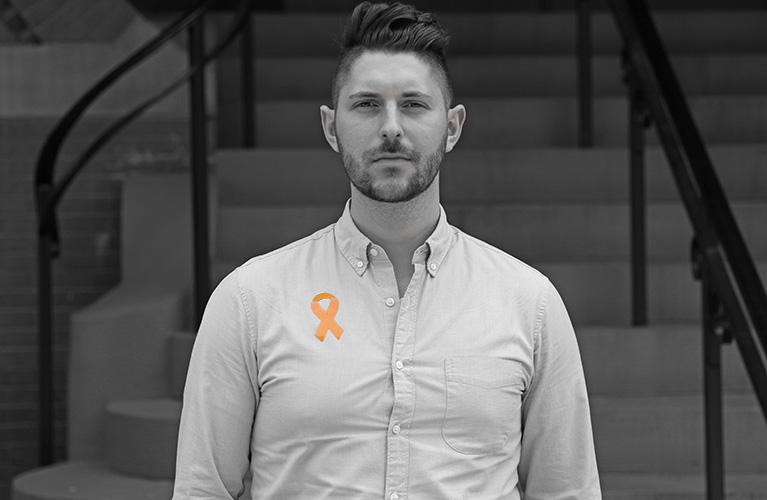
"When I was in high school, I lost my French teacher to gun violence. Since that day I have felt as though I've become part of a community in this country who have all lost someone to gun violence and knows that story of this public health crisis." – Nicholas Diamond, Public Health Post
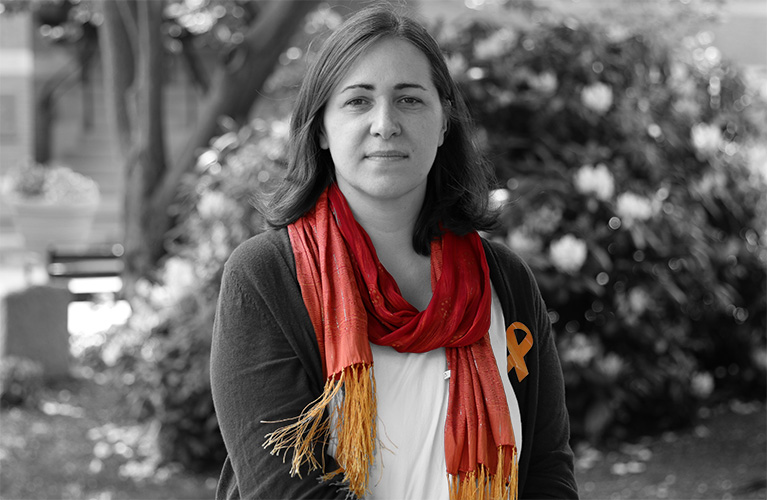
"People should feel safe in their communities and safe communities can be healthy communities. I'm not looking forward to having the discussion about this with my mixed-race children about this topic." – Vanessa Boland Edouard, Research Administration
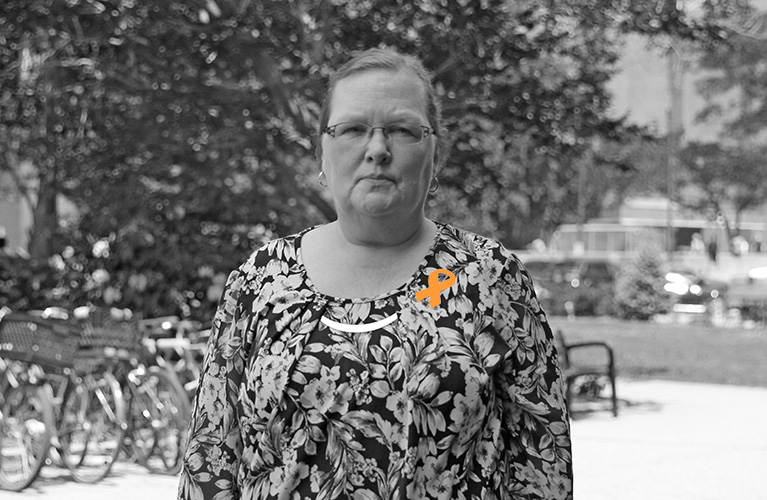
"Children should be safe in schools and people who worship shouldn't need to be worried about who may be coming in the door." – Jolene Durant, Research Administration
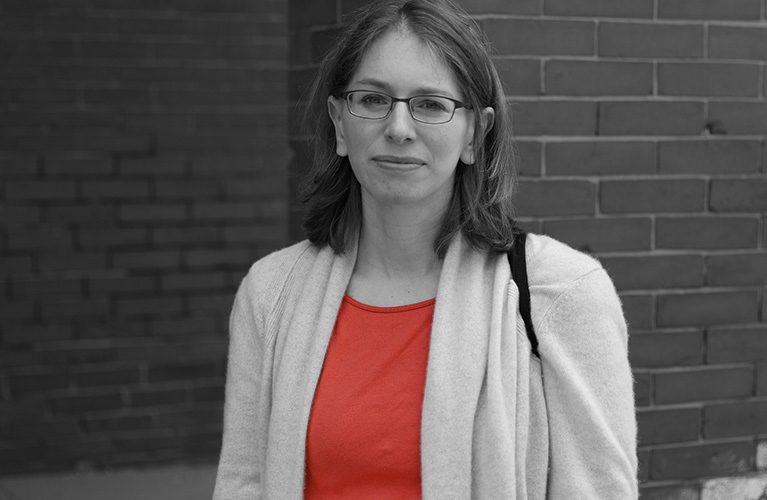
"It can affect anyone—across the country, around the world—and public health is uniquely situated to prevent gun violence from taking more lives." – Jessica Leibler, Environmental Health
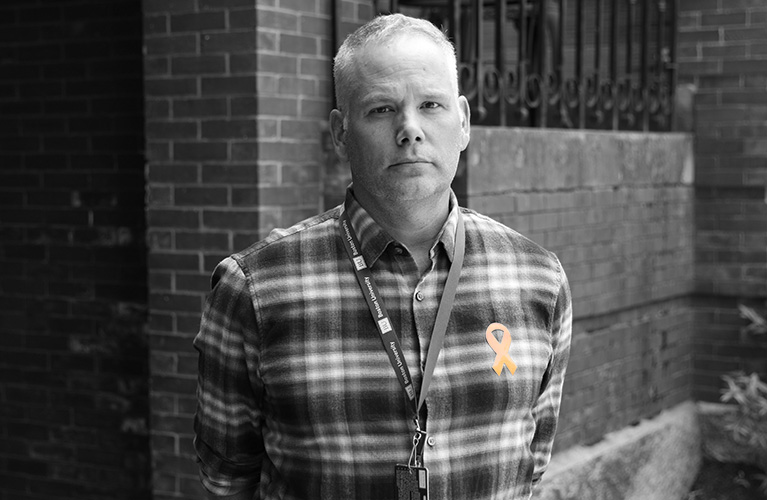
"It's clearly a critical problem. It's non-stop. I've used firearms and I'm not against them, per se, but military-style guns shouldn't be available for public consumption." – Michael Koehler, Finance and Administration

"I have a nephew who's going to walk these streets one day, and I don't want him to be a victim." – Ebony Constant, Finance and Administration

"Wearing orange is symbolic of opposition to gun violence. We need to stand up for this issue and be heard." – Lorraine Kiley, Epidemiology
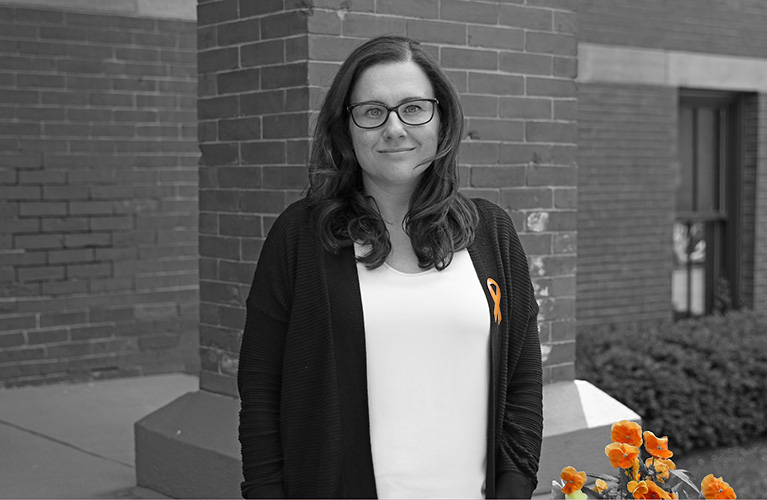
"As a suicide researcher, I feel gun violence is an important issue because most gun deaths are self-inflicted." – Jaimie Gradus, Epidemiology

"I've known people who have been killed with guns—young people, older people—and it seems guns are an unfortunate part of our lives, and it's time that we do something about it." – Harold Cox, Activist Lab
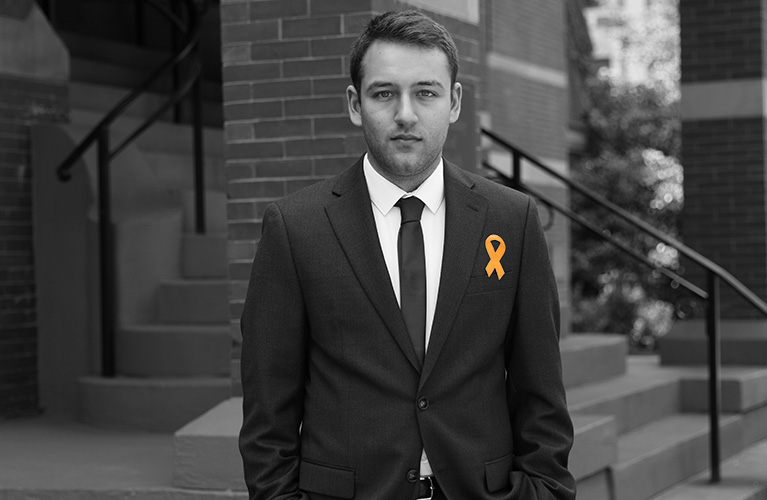
"Gun violence prevention is necessary because it affects all of us in ways we can't even imagine" – Andrew Zaleski, Administration

"My dad was an Army veteran and an avid hunter. He taught me the importance of gun safety and responsible gun ownership." – Melissa Davenport, Communications

"It's concerning that children have to practice lockdowns and what to do in a mass shooting situation. That's something that, growing up, we never had to do." – Shelley Barnes, Epidemiology

"I do fear it affecting me. There are a lot of youths and community members I know who are scared every day in places like schools and theaters. These are places where they should be growing and enjoying, instead of living in fear." – Lyse Barronville, Epidemiology

"Gun violence is symptomatic of an underlying violent culture, and the fact that we have become increasingly inured to these horrific events makes me fearful for what we'll continue to tolerate." – Candice Belanoff, Community Health Sciences
SPH faculty, alumni, and staff spoke about why they’re wearing orange as part of the #WearOrange campaign to bring visibility and attention to the national plight of gun violence.
Why orange? Because on January 21, 2013, Hadiya Pendleton, a high school student from the south side of Chicago, marched in President Obama’s second inaugural parade. One week later, Hadiya was shot and killed on a playground back in Chicago. Soon after, Hadiya’s friends commemorated her life by wearing orange. They chose the color because hunters wear orange in the woods to protect themselves and others.
In 2015—on what would have been Hadiya’s 18th birthday—a broad-based coalition asked people nationwide to join in what Hadiya’s friends started, honoring her life, the lives of the more than 90 Americans killed by gun violence plus the hundreds more who are injured every day, by wearing orange.
June 7th marks the beginning of #WearOrange Weekend and the fifth National Gun Violence Awareness Day. We wear orange to demand to be seen and demand to see change.













